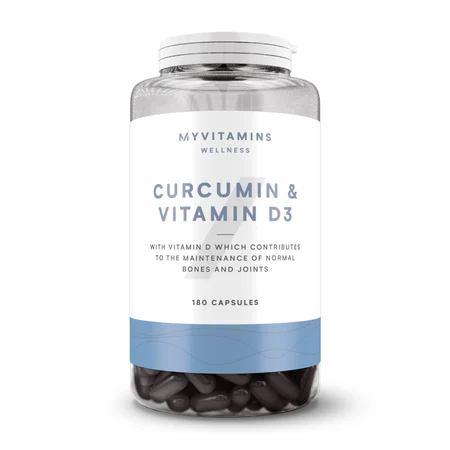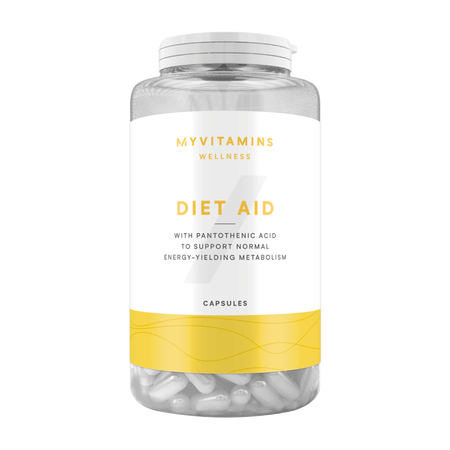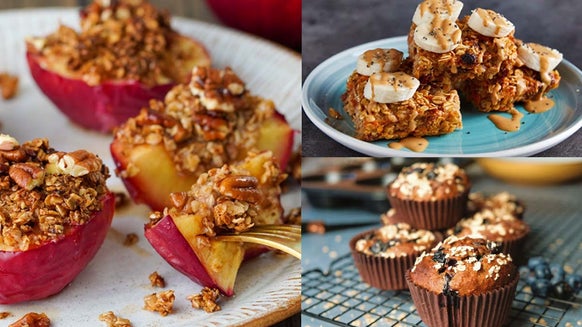How To Increase Blood Circulation

Blood flow and heart health are tied to many factors — both our lifestyle habits and food and supplement intake. Keeping your heart and circulatory system healthy is important for your overall health. Staying fit and healthy is about more than protein and pumping iron, you have to look after your whole body too. Read on for ways to take control over your heart health and improve circulation.
In this article, you’ll find:
Lifestyle Habits for better circulation
Diet for better circulation
Vitamins for better circulation
Minerals for better circulation

Lifestyle Habits
1. Exercise
Cardio exercise is named after its cardiovascular benefit — it’s the most important factor in keeping your blood circulating. For healthy, well trained individuals, more intense exercise is necessary to raise your heart rate enough for cardiovascular benefits. Those who are not in optimal health or even those recovering after surgery in the hospital are encouraged to be active and move around often, even in bed, just to keep blood flowing through our bodies and to our muscles.1
Cardiovascular exercise can be anything from walking at a brisk pace to intense cycling, running, or swimming. Even those who are unable to do much walking or weight bearing activity can get upper body circulation from things like boxing moves or upper-body cycling.
Summary: Exercise has been shown to help improve heart health and even prevent high blood pressure and high cholesterol.1
2. Diet
A healthy diet is absolutely key to heart health and good circulation. There are several things in the diet that you can focus on to optimize blood flow:
Avoid too much fat: too much fat, especially saturated and trans fats, can lead to damage and blockage of the arteries.2 Avoid high-fat animal foods and check for trans-fat on the labels of processed foods. About 30% of the calories in your diet should come from fat, and only 10% of those should be saturated fat. It’s best to avoid trans-fat completely.2 Choose mostly omega-3 fatty acids, which are the heart healthy fats found in foods like nuts and oily fish. Avoid too much salt: sodium is part of table salt (sodium chloride) and is also added to many highly processed foods and snacks (canned goods, frozen meals, etc.). Over time, a diet high in sodium can lead to high blood pressure.2 Focus on enough fibre: fibre is a plant-based carbohydrate that contributes no calories because our digestive system can’t break it down. Sources of dietary fibre to focus on including in your diet are fruits, vegetables, and whole grains. Diets high in fibre have the potential to improve cholesterol.2 These foods are also naturally low in fat and sodium.
3. Hydration
Staying well hydrated helps to keep your circulatory system functioning at its best. When you’re dehydrated, your blood can become depleted of oxygen and not give your organs and tissues what they need to function. It’s best to drink mostly water and avoid sweetened drinks for optimal hydration.2
4. Healthy Weight
Being overweight causes more strain on your heart every time it pumps blood through your body. People who are overweight and obese are more likely to develop heart problems.2 Extra body fat can also make it more difficult to exercise and reap the benefits of cardiovascular activity.
5. Tobacco Abstinence
Smoking has long been shown to be harmful to your heart and circulation. It can raise blood pressure, constrict blood vessels (making them smaller and more difficult for blood to flow through), and lead to many chronic health issues.3 Quitting smoking, or never starting, is the most important choice you can make for your blood circulation.

Vitamins for better circulation
1. Vitamin C
Vitamin C is a powerful antioxidant and is linked to heart health due to its ability to boost the immune system and fight off cell damage.4 Vitamin C is naturally found in many fruits and vegetables, boosting the positive impact that fibre can have on heart health. It has been shown to improve circulation with the potential for long term improvements in cardiovascular function.5
2. Niacin
Niacin is a B vitamin that is available from many plant and animal food sources. It plays a role in the transfer of energy from the food we eat to fuel for our body. It’s easily absorbed and excess is taken up by red blood cells.6 It plays a role in heart health and has been shown to cause vasodilation, which is the opening of the blood vessels.6 A healthy diet provides adequate niacin to help improve blood circulation.
3. Vitamin K
Vitamin K plays a key role in blood clotting thanks to the proteins that depend on it to function. While required for healthy clotting of blood, Vitamin K is usually not a concern unless you are taking a medication to thin the blood or have a blood clotting disorder.7 If you have any concerns, then speak to your doctor before supplementing with vitamin K. Vitamin K is most commonly found in leafy green vegetables, soy based products, and some nuts.7

Minerals for better circulation
1. Potassium
Potassium is a very common mineral in our bodies that works against sodium to balance blood volume and ensure movement of molecules in and out of our cells. While high sodium intakes are associated with negative impact on heart health, foods high in potassium can be beneficial thanks to their competition with sodium.8 A wide range of fruits, vegetables, and dairy are good sources of potassium, and deficiency (too low levels) is uncommon, except during periods of great fluid loss (from stomach flu, etc.).8
2. Calcium
While you might already think about calcium being crucial for the health of your bones and teeth, you might be surprised to learn that calcium is also helpful for heart health and circulation. Regular dietary intake of calcium can help lower cholesterol by impacting the absorption of fat and increasing excretion.9 However, there’s also speculation about calcium supplements and increasing the risk for cardiovascular disease.9 Further research on the implication of calcium and blood circulation will reveal future recommendations, but getting natural sources of calcium into your diet is still considered to be beneficial for blood flow.
3. Iron
Iron is the most important mineral that impacts the way our blood carries oxygen to our tissues and promotes muscle metabolism, growth, and neurological development.9 Food sources of iron in our diet include both animal and plant-based foods, with better absorption of haem-based sources that come from meat.10 Adequate levels of iron in the body enable blood flow to effectively carry oxygen to tissues where we need it most (like our muscles while exercising).10 There are many potential reasons for low iron levels, but supplementation should only occur when recommended by a doctor, as too much iron can be detrimental.10
Take Home Message
There are many factors that impact blood flow in our body – but a common theme of a healthy diet and lifestyle seem to be the best solution. Not causing harm to your body through tobacco use and optimising heart health through diet and exercise are great methods for maintaining good circulation. Most of the vitamins and minerals needed for optimal circulation are commonly found in foods that make up a healthy diet.

Claire is a Registered Dietitian through the Academy of Nutrition and Dietetics and a board-certified Health and Wellness Coach through the International Consortium for Health and Wellness Coaching. She has a Bachelor of Science in Biology and a Master’s degree in Clinical Dietetics and Nutrition from the University of Pittsburgh.
Talking and writing about food and fitness is at the heart of Claire’s ethos as she loves to use her experience to help others meet their health and wellness goals.
Claire is also a certified indoor cycling instructor and loves the mental and physical boost she gets from regular runs and yoga classes. When she’s not keeping fit herself, she’s cheering on her hometown’s sports teams in Pittsburgh, or cooking for her family in the kitchen.
Find out more about Claire’s experience here.






